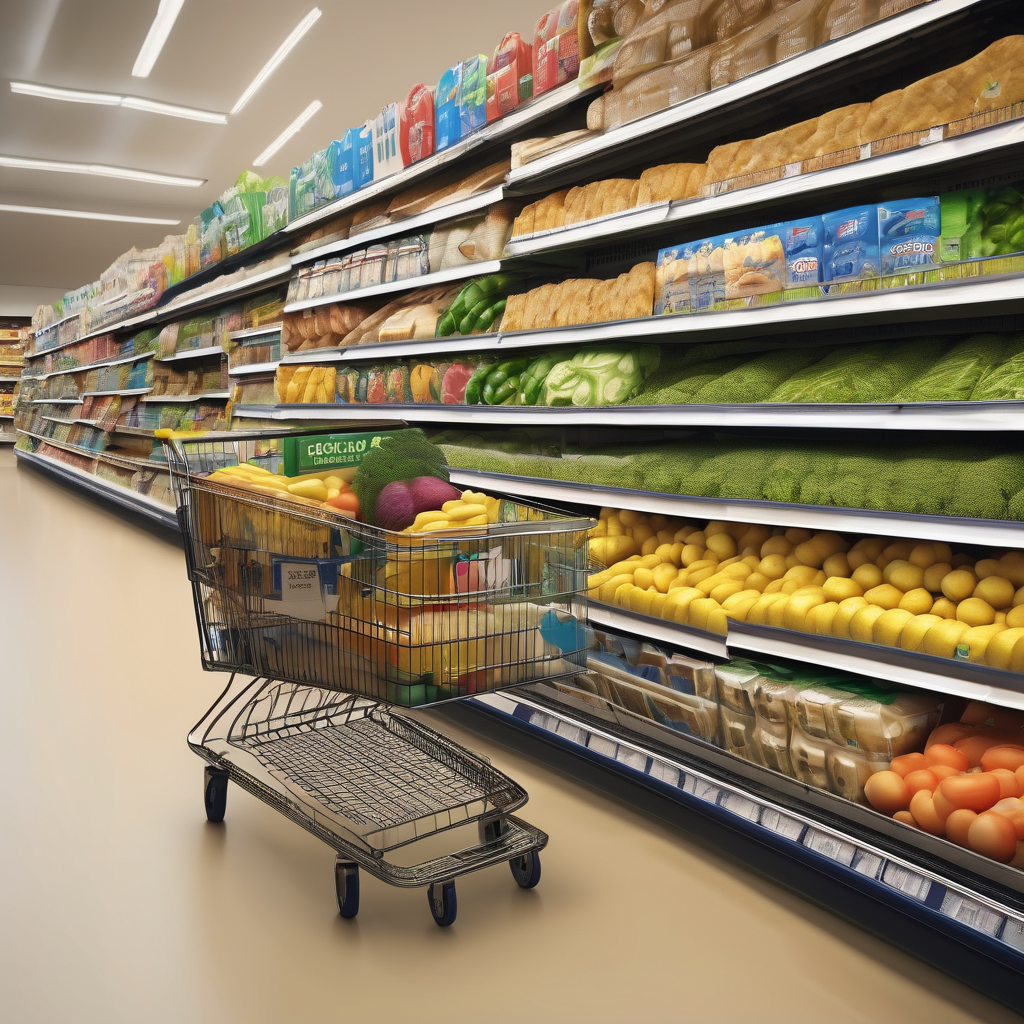Shoppers in Fiji are expressing frustration as they find little relief from rising prices despite government assurances. Recent reports indicate that prices for essential items such as eggs, milk, chicken, and various fruits have risen sharply, making it increasingly difficult for households to manage their grocery budgets. This situation comes as Deputy Prime Minister and Minister for Finance, Professor Biman Prasad, claims that the government’s 2025-26 National Budget aims to improve household incomes and living standards.
While Prasad asserts that a total of $800 million is being allocated to alleviate cost-of-living pressures, many shoppers contest this narrative. On a recent episode of Lens@177, Prasad highlighted government measures—like increasing the minimum wage to $5, raising social welfare allowances by 5 percent, and implementing a 10 percent reduction in bus fares—as steps taken to ease the financial burden of rising prices. However, everyday consumers report that prices continue to climb.
One local shopper, Waisale, voiced his concerns, noting that prices for essentials such as chicken and milk have increased significantly. He recounted a recent altercation with a shopkeeper over the steep price of a gas canister and shared that the cost of milk has risen from $4 to $5. Furthermore, he emphasized the need for higher-quality food, suggesting that cheaper options might compromise health.
Another shopper, Rohit, echoed these sentiments, stating that the prices for sausages have surged from about $8.95 to an eye-watering $16.95. He remarked that without discounts, the prices of groceries have become unsustainable for families who are finding it harder to prioritize their needs. The critical sentiment among shoppers is that, despite government assurances and attempts to regulate prices through task forces focused on monitoring consumer goods, the reality on the ground appears quite bleak.
The government has pointed to external global factors, such as inflation in major trading partners, supply chain disruptions, and extreme weather conditions impacting agricultural yields, as significant contributors to the rising costs. These challenges underscore the complexity of the economic situation, requiring careful navigation as Fiji strives for stability in everyday living expenses.
Despite the current economic pressures, the government’s commitment to restructuring and strategic intervention provides some hope for potential alleviation of the adverse effects on household budgets. Through ongoing reforms, a focus on social welfare, and increased civil service wages, there is a glimmer of optimism that measures may eventually lead to greater economic resilience for families facing the ongoing challenge of rising living costs.
